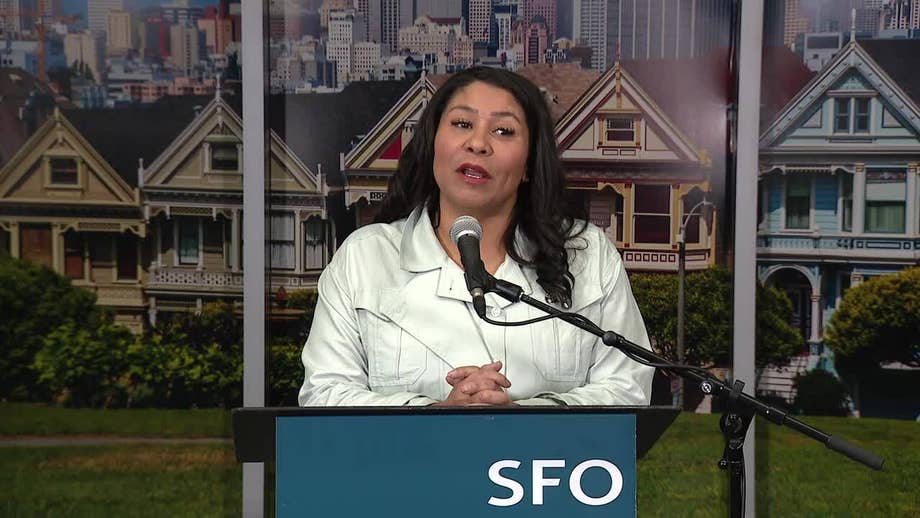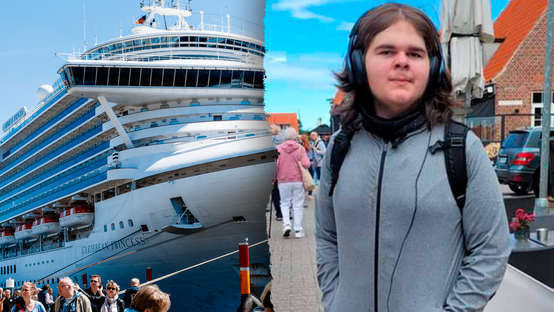Amidst ongoing anti-Israel demonstrations, Columbia University faces a strained campus climate, with students expressing concerns about feeling unsafe and concerns over free speech.
As the new semester commenced at Columbia University, tensions surrounding anti-Israel demonstrations have persisted, raising questions about campus safety and free expression.
On the first day of the term, protesters gathered at the school's gates, prompting a police response that included a drone hovering overhead. Despite two arrests, police categorized the gatherings as "peaceful." However, Cornell Law Professor William Jacobson anticipates an escalation of hostility as the anniversary of Hamas' attack on southern Israel approaches.

Columbia University: Tensions Escalate as Anti-Israel Protests Continue
Columbia's former president, Nemat Shafik, resigned last month amid controversy over her handling of protesters on campus, which involved the deployment of armed police officers and the arrest of over 30 demonstrators. Interim president Katrina Armstrong is now tasked with maintaining order on the embattled campus.
Recent changes implemented on campus include a ban on camping, new signs and guards on the south lawns, and restricted access to gates for non-students. The Foundation of Individual Rights and Expression (FIRE) has ranked Columbia second to last in its annual College Free Speech Rankings, indicating concerns about free expression on campus.

Columbia University: Tensions Escalate as Anti-Israel Protests Continue
A survey conducted by FIRE revealed that for every conservative student on campus, there are five liberal students, with 66% of respondents reporting self-censorship at least once or twice a month. Students have expressed concerns about a hostile environment, including incidents of doxxing, job loss, and internship opportunities being rescinded based on political beliefs.
Jacobson suggests that faculty may play a significant role in protest culture, fostering a revolutionary mindset among students while pursuing careerist goals. Columbia's Antisemitism Task Force has documented numerous complaints from students harassed for their Jewish faith, including incidents of name-calling and accusations of genocide and baby killing.

Columbia University: Tensions Escalate as Anti-Israel Protests Continue
The task force report has also highlighted denialism about incidents of hostility, similar to the denialism surrounding the October 7 attack. Jacobson believes that schools with the most activism often have the least free expression, as protests aim to stifle debate rather than engage in it.
Interim president Armstrong acknowledged the need for open dialogue and a harassment-free environment but emphasized the importance of managing protests effectively. She stated, "The truth is that our mission depends upon free speech and open debate. And the truth that our mission equally depends upon an environment free of harassment and discrimination, where our students can learn. There is no doubt that holding those two truths requires understanding and effectively implementing our policies, rules and procedures, just as it does in the society around us."

Columbia University: Tensions Escalate as Anti-Israel Protests Continue











